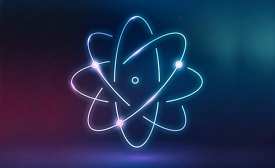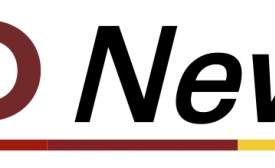nuclear agreement

Maintaining science relationships despite the conflict in Ukraine is critical, writes Olga Krasnyak of National Research University Higher School of Economics (Moscow).
More than 50 prominent Iranian dissidents, political reformers and other civil society activists have written an open letter to the people of the United States, urging them to lobby members of Congress to support the Iran nuclear deal.
Human rights defender Kouhyar Goudarzi says the fact that Iran stopped backing Hamas during nuclear talks should be reason enough for Israelis to support nuclear deal.
If Congress rejects the deal, we will project globally an America that is internally divided, unreliable, and dismissive of the views of those with whom we built Iran’s sanctions architecture in the first place. I and other American diplomats around the world draw every day on our nation’s soft power, which greatly enhances our ability to mobilize other countries to our side.
Dozens of high-profile Iranians, many of whom have been jailed in Iran for their political views, launched a video campaign calling on the American people to lobby Congress not to jeopardize the landmark nuclear agreement.

PD News is CPD's daily aggregation of English-language news from around the world pertaining to public diplomacy.

Reprinted from the CPD Blog by Philip Seib (Apr 7, 2015)
Iran's approach to foreign policy changed dramatically after Hassan Rouhani was elected President of Iran in 2013. The most serious and comprehensive negotiations regarding Iran’s nuclear program started in 2013 between Iran and six world powers including the United States. An interim agreement was reached on November 24, 2013. A framework agreement was reached on April 2, 2015. And finally, the comprehensive deal was reached on July 14, 2015 to ensure that Iran’s potential pathway to developing a nuclear weapon is blocked.







